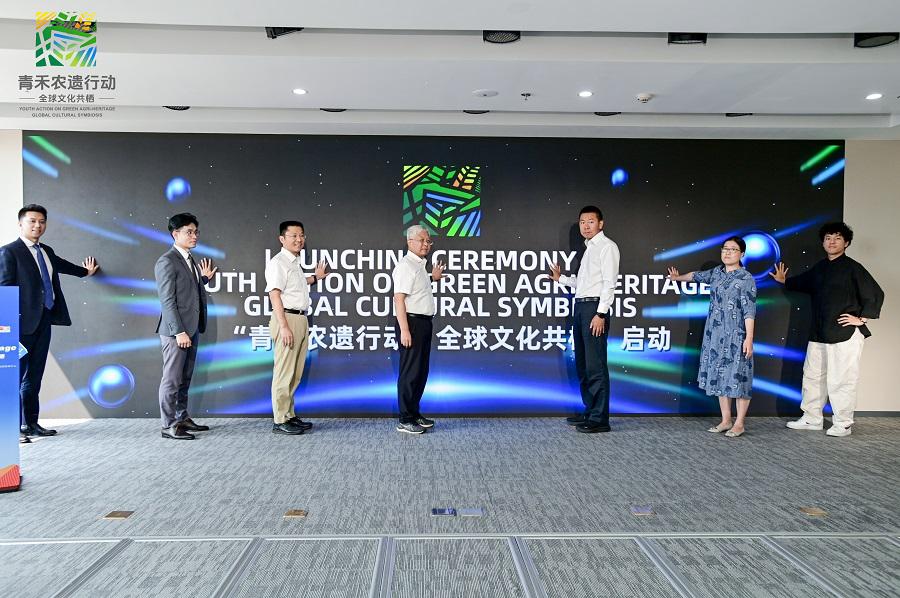Shanghai preserves agri-heritage through global youth program


Japanese director Takeuchi Ryo, leading the program participants in documentary filming about agricultural practices, stressed the importance of finding common ground in storytelling. "Each country has different needs and views on agriculture. We need to find points of resonance that connect with international audiences," he said.
Young participants shared their perspectives and experiences. Bae Hye-eun, a South Korean cultural industry doctor from Peking University, found new dimensions in the city. "Despite visiting Shanghai more than ten times, this was my first exposure to its fishery and agricultural systems," she said. "We're discovering new values and future possibilities in these traditional practices."
For Nigora Davronbekova, a youth representative from Tajikistan, the initiative resonates with her cultural identity. "In Tajikistan, agriculture isn't just part of the economy; it's our identity," she explained. "This activity has demonstrated how traditional agricultural practices can harmonize with modern technology to create more sustainable systems."
Sisavanh Senbounxou, a second-year student from Laos, shared his country's sustainable farming priorities, and expressed enthusiasm about the innovative approaches he encountered during the program. "These innovations could inspire similar developments in Laos. As future leaders, we bear the responsibility of protecting and advancing our agricultural heritage for generations to come," he said.
The initiative also included a visit to the Laos Economic and Trade Cooperation Expo in Shanghai's Yangpu district, showcasing agricultural products and green agriculture developments.
The initiative, co-organized by the FAO Representation in China, World Food Forum (China), and China Internet Information Center, drew approximately 80 participants, including government officials, international organization representatives, embassy officials, expert mentors, and youth delegates to its opening ceremony.
























